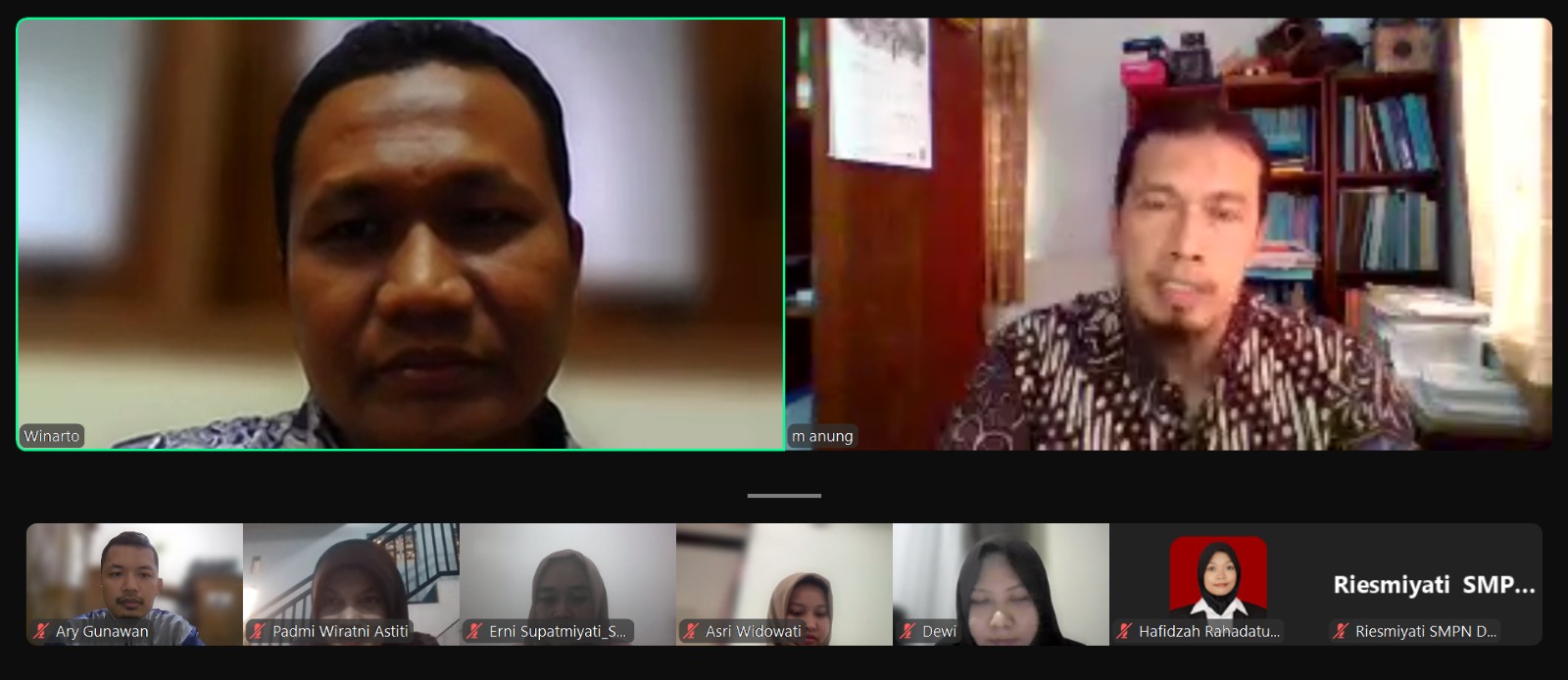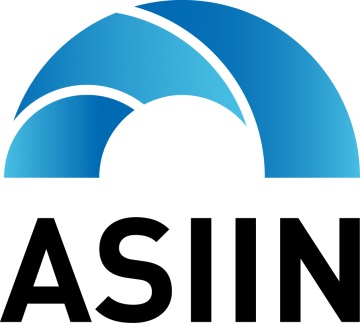 English
English Bahasa Indonesia
Bahasa Indonesia
You are here
Science Teachers in Sleman Empowered to Implement Sustainable Project-Based Learning
Primary tabs

As a concrete effort to improve the quality of science education that is relevant to global issues, lecturers from the Science Education Study Program, Faculty of Mathematics and Natural Sciences, Yogyakarta State University (UNY), organized a community service program for science teachers in the Science Teacher Working Group (KKG IPA) of Sleman Regency. The program, titled “Enhancing the Capacity of Science Teachers in Sleman to Implement Project-Based Education for Sustainable Development (EfSD) for Strengthening Students’ Environmental Literacy”, took place from July to September 2025 and consisted of three sessions, covering the concept of EfSD projects, lesson plan development, and independent practice of the model. Participated by dozens of science teachers from various schools across Sleman, the activity focused on strengthening teachers’ ability to design and implement project-based learning (PjBL) that integrates the principles of Education for Sustainable Development (EfSD). The goal was to equip teachers with strategies to cultivate environmental literacy and nurture environmentally responsible character in students from an early age.
Dr. Winarto, M.Pd., as the program leader, emphasized, “Environmental challenges such as climate change, pollution, and water scarcity are real issues that education must respond to. Through EfSD project learning, students not only understand science concepts theoretically but also engage in real projects that provide solutions to environmental problems in their surroundings. Strengthening the teacher’s role as a key facilitator is what we are focusing on today.” The activity was not limited to lectures but also featured practical workshops. Teachers were trained to develop project-based lesson plans that are easily applicable. Example projects discussed included making biopores, converting organic waste into compost, conducting school energy audits, and planting local vegetation.
Megeng Anung Wasana, Head of the Sleman Science Learning Community (Kombel IPA), expressed appreciation: “This training is very practical. We received templates and project ideas that we can directly apply at school. Previously, we were often confused about how to teach environmental concepts beyond textbook theory. With EfSD, students are encouraged to act, not just to know.” This program reflects UNY’s commitment to the Tri Dharma of Higher Education, particularly in community service. Collaboration with the Sleman Science Teachers’ Association (MGMP IPA) is expected to continue in order to monitor and evaluate the implementation of the designed projects. The initiative demonstrates how synergy between academics and practitioners can empower teachers to face curriculum dynamics and students’ needs in the modern era. With this training, it is expected that many new school-based environmental projects will emerge across Sleman, nurturing a generation that is not only academically excellent but also environmentally responsible.
Kontak Kami
Program Studi Pendidikan IPA
FMIPA Universitas Negeri Yogyakarta
Kampus Karangmalang Yogyakarta 55281
Email: s1pend_ipa@uny.ac.id
Instagram: @depdikipauny


Copyright © 2026,


